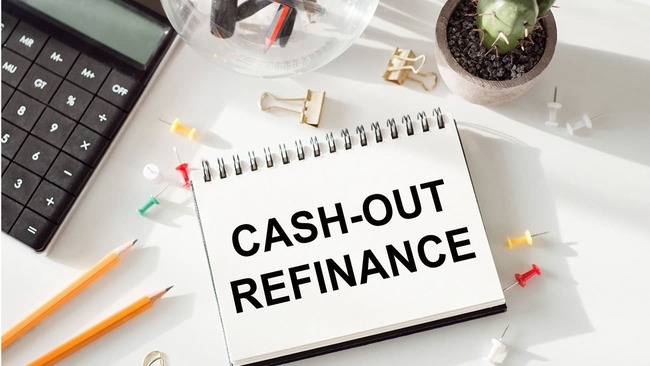Fed Interest Rates Hikes Coming Soon?

The interest rates paid on borrowed money (and earned on certain bank accounts) are often tied to decisions made at Fed meetings. And every time the Fed increases the federal funds rate, it's not long before consumers pay higher rates on money that’s already borrowed — unless the account comes with a fixed rate.
So, if you're among the 38% of U.S. households with credit card debt, you can generally count on any move by the Fed affecting the interest you pay on it.
When will the next interest rate hike happen?
It’s been strongly suggested that one is coming again soon according to signals from Fed chair Jerome Powell. He's been a supporter of interest rate hikes to cool off the U.S. economy and steer the country to avoiding a recession. That doesn't align with President Donald Trump's view that rates should remain low to pay down crippling U.S. debt.
How will you be affected?
That said, now is the time to be proactive in taking care of high-interest debt. According to valuepenguin.com data, the average credit card interest rates have fluctuated between 12% - 16% since 2005. Separately, a creditcards.com report that tracks retail credit card data, which is averaging around 24.99%, means if you have a $200 balance on your favorite department store’s credit card, you can expect to pay an extra $50 in interest alone.
Tips for obtaining a lower mortgage rate
Worried that interest rate hikes could keep you from getting into a home of your own? Keep in mind that even a one-point difference with your rate could amount to significant savings over the course of your loan. Here are a few ways you may be able to obtain a lower mortgage rate, despite what's going on at the Fed meetings.
Maintain good credit
Qualifying for a mortgage starts with having a good credit score. Lenders will want to see that you make payments on time, avoid using too much credit, and have a decent credit mix, among other factors. The higher your credit score, the greater the chance of lowering your mortgage rate.
Have a consistent work history
Think about this from a bank's perspective. Would you feel comfortable lending someone $300,000 if they didn't have a job? That's why it's important to establish a steady work history before applying for a mortgage. Your lender's financial institution will verify your employment status several times before the closing date, so avoid changing jobs or quitting during the home buying process.
Put more money down
This is especially helpful for borrowers wanting to purchase a higher-priced home. If you have the financial means to do so, consider putting down 20% or more of the purchase price. Not only can this lead to a lower mortgage rate, but it also eliminates the need for private mortgage insurance (PMI).
Choose a shorter term
Let's say you're interested in buying a home but would rather not spend 30 years repaying a loan. With a 15-year mortgage, you can save hundreds of thousands of dollars, build equity in your home faster, and, of course, pay off your residence in half the time. Did we mention that a 15-year mortgage also carries a lower interest rate than a 30-year mortgage?
Pay for points
After spending a number of years in your first and second homes, you're finally ready to move into your forever home. If that's the case, you'll want to lower your mortgage rate as much as possible. The whole concept of paying for points is geared toward borrowers who plan to remain in their homes for a long time (think retirees or couples ready to start a family). As explained by Millionacres, points are an upfront fee paid by homeowners and each point typically lowers your interest rate by 0.125%.
Why waste your money?
Refinancing is a great way to take care of high-interest debt. Current mortgage interest rates are in the high 3’s. So, you can refinance to lower your rate and save hundreds each month. You can use those savings toward faster credit card payoff. Or, depending on the amount of equity you have in your home, you can even do a cash-out refinance to pay off serious debt amounts. If you live in the West or South, chances are you are enjoying above-average housing gains -- making a cash-out mortgage refinance even more attractive.
Regardless of where you live, a mortgage refinance can be an extremely beneficial financial savings tool. The best way to learn more is to discuss your personal goals with a dedicated mortgage expert. You can get answers to your questions and choose a custom home loan that’s a better fit for your current (and future) needs. Get started today!




